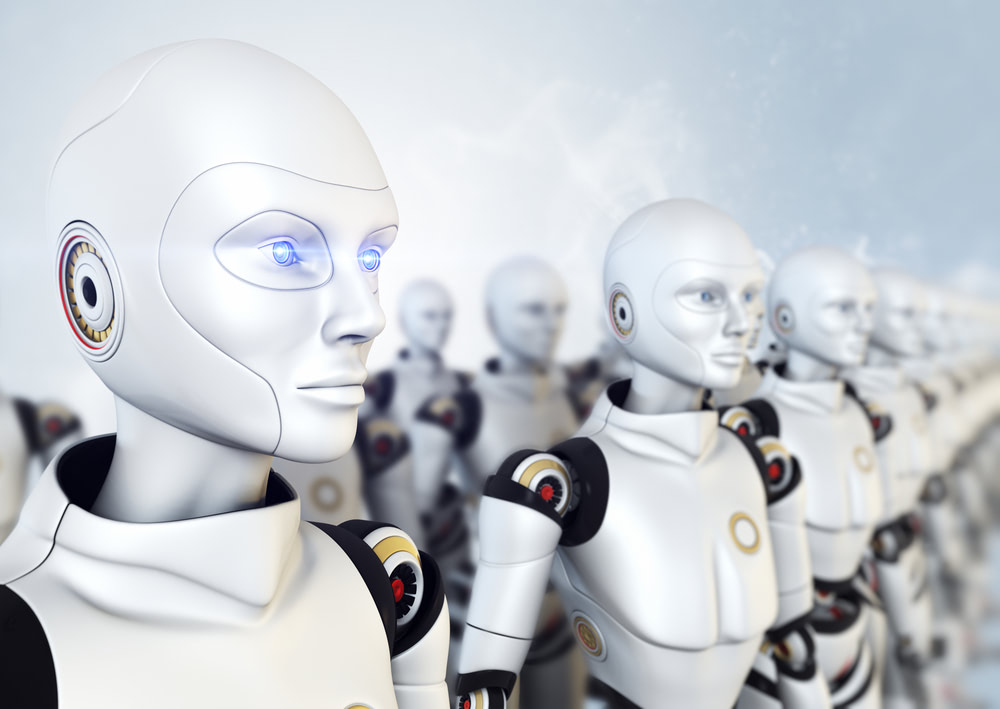From drones in the sky taking pictures and dropping bombs, to smart houses equipped with security systems and automation, it seems thinking machines could put the human race in danger.
In the latest trend of Hollywood's fascination with artificial intelligence, three new movies pose the conundrum of what happens when we make machines as smart as ourselves, and then try to interact with them. In Avengers: Age of Ultron, a league of superheroes have to put down a robot menace, in Ex Machina a software engineer must be our first contact with a female A.I., and in Chappie a robot cop wakes up to sentience. How realistic these fears are?
Once again, the cinema mirrors our society's deepest worries. The news headlines are riddled with an increasing paranoia about computers. Technology, in the public consciousness, forms a threat on multiple fronts. We might use information technology to track and control each other’s lives. Or our robot overlords might break free of our control and wreck havoc on their own.
Take government surveillance. In reality, it is mathematically impossible to watch all of the people all of the time because you have the age-old problem of watching the watchers. And in a society where the norm is to post multiple snaps of your lunch on Facebook while nobody else cares, it seems hypocritical to fret over somebody knowing every detail of our lives. There is a huge rift in society right now: we simultaneously can't get enough attention and fear too much of it.
How about the threat of artificial intelligence? Computer science students will be quick to debunk these as well. No matter how fast you make a computer, no matter how many resources you pour into it, you can't make it wake up. Computers have to be programmed, and the program's abilities are limited by the programmers themselves; one cannot make the code to make God without being God. We've been paranoid about the robots taking over since Mary Shelley's Frankenstein in the early 1800s, and yet today the worst threat posed by computers is when our GPS system steers us into a storm drain.
Which raises the real fear: how responsible are we with this powerful technology?Consider the average person in today's society as they fumble through the day; consider how they parallel park, reply-all to the office email, jam the copier, and burn dinner even when following the directions. Now give that person access to godly information technology and watch the sparks fly.
One of the movies that captured the real menace of technology was Stanley Kubrick's Dr. Strangelove: our machines do just what we tell them to, which is a disaster when the humans giving the orders are a couple of bubbles left of level.
In The Avengers: Age of Ultron, the threat is an AI that was originally designed to police the human race so that the superheroes could retire, only to be called back to duty to shut it down when it runs on a rampage. In Ex Machina a human-like robot gets put to the Turing Test by entertaining a human visitor, unless it's the other way around. And inChappie, a robot cop gains sentience and deeply questions its own morality in the scheme of things.
The machines themselves, they cannot be real. But the fears expressed over our responsibility in using them are very real. In the end, the bogeyman lurking in our closet isn't the zombie or the alien, but only us again.
Image: Shutterstock

Share your thoughts and join the technology debate!
Be the first to comment